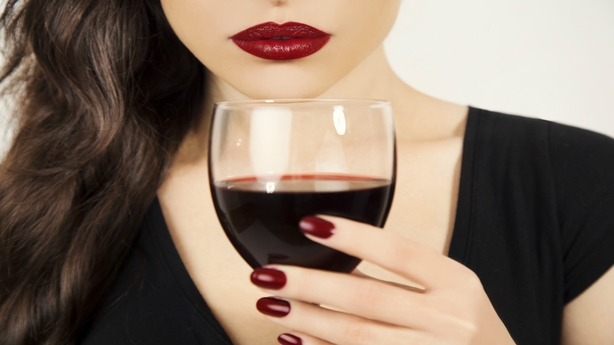Christmas can be a time for indulgence, and 'tis the season to be jolly. But with more and more tradition revolving around alcohol, from 12 Pubs to Christmas parties, remember to know the limits to your festive cheer.
Miriam Taber of DrinkAware.ie recognises that alcohol can be at the forefront of some emerging Christmas festivities.
"New festive traditions such as the so-called '12 Pubs of Christmas' blatantly encourage people to drink an excessive amount of alcohol in a short space of time", Taber told RTÉ LifeStyle. "Consuming twelve drinks in one sitting is completely unnecessary but above all, it is an extremely dangerous activity to participate in."
At any time of year, but particularly during the busy Christmas period, we urge people thinking of engaging with this type of activity to think again – the cost of alcohol may be cheap but that is nothing compared to the cost to your physical and mental health both now and in the future.
How can people curtail their drinking over the festive period?
The first step is being educated on the guidelines for alcohol consumption.
"Our online drinks calculator can help people track how much they are drinking", Taber explains, "to ensure they adhere to the HSE low-risk guidelines for alcohol consumption."
Spread over the week, the guidelines are:
- Women - 11 standard drinks (110g pure alcohol)
- Men - 17 standard drinks (170g pure alcohol)
DrinkAware's Drinks Calculator can help demonstrate this.

Festive deals
In the run up to Christmas, deals on drinks are also promoting more drinking at home. DrinkAware recently released a statement critising this practice, citing it to be "damaging, reckless, and irresponsible."
"Drinks promotions or deals which actively encourage people to drink to excess have no place in Irish society", Taper explains.
"Binge drinking (consuming six or more standard drinks in one sitting), further increases the risks associated with alcohol and should be avoided to protect your health and wellbeing."
"We feel that if people have access to the facts about alcohol and a range of useful tools that can help them to learn more about their drinking habits, they are in a stronger position to make informed choices about alcohol which could include reducing the amount of alcohol they drink."


